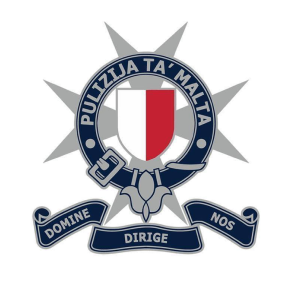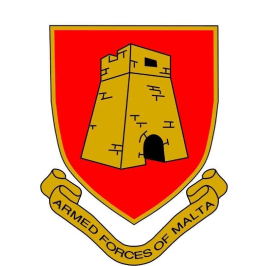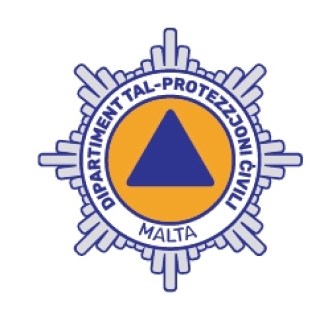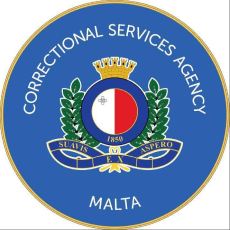Overview of the Academy
Objective

Police Force

Forces of Malta


Services Agency
Overview
1.
2.
3.
4.
5.
The Academy ensures the Disciplined Forces can attract and employ the best candidates and gives these people the opportunity to develop themselves continuously. Through training, the Academy promotes a combination of skills, expertise, professional behaviour and attitudes.
Through the policies, regulations and laws governing the Disciplined Forces, the Academy assists in the recruitment of candidates applying for jobs with the forces and provides recruits with induction training. The Academy also provides comprehensive training to serve the highly specialised skills required on the job and for continuous professional development.
Disciplined forces may provide training to their respective members, outside the scope of the Academy, subject to approval from the Academy, which retains the right to assess the quality of the training provided and make recommendations where applicable.
International Networks


Knowledge and Research
Quality Assurance
The Academy seeks to obtain a licence to confer awards, certificates, diplomas, and degrees as a further and higher education provider. The Academy strives to earn the status of a self-accrediting institution to offer a range of qualifications of a vocational, academic and professional nature. It is the intention of the Academy to apply qualification equivalency with recognised national and international vocational education programmes in line with the Malta Quality Framework from Level 1 to Level 8 where practical training plays an important role.
The Academy is periodically audited to meet the stipulated standards and guidelines of the National Quality Assurance Framework. The Academy is subject to a rigorous quality assurance process in line with the National Quality Assurance Framework, which necessitates two mechanisms: Internal Quality Assurance Process and External Quality Assurance Audits.
Human Resources
Finance

Campus and Estates
Information Technology Infrastructure
The Academy for Disciplined Forces provides students, educators and administration staff with technological platforms that enable online access to recruitment applications, email, calendars, cloud storage, online learning, student records, administrative information and access to international online libraries.
Governance, Regulations and Policies
The Academy aligns its programmes with national objectives set by Government and reports on the results attained. The Academy practices a policy of autonomy with full accountability for its actions and operations, in line with its organisational governance, policies and regulations.
